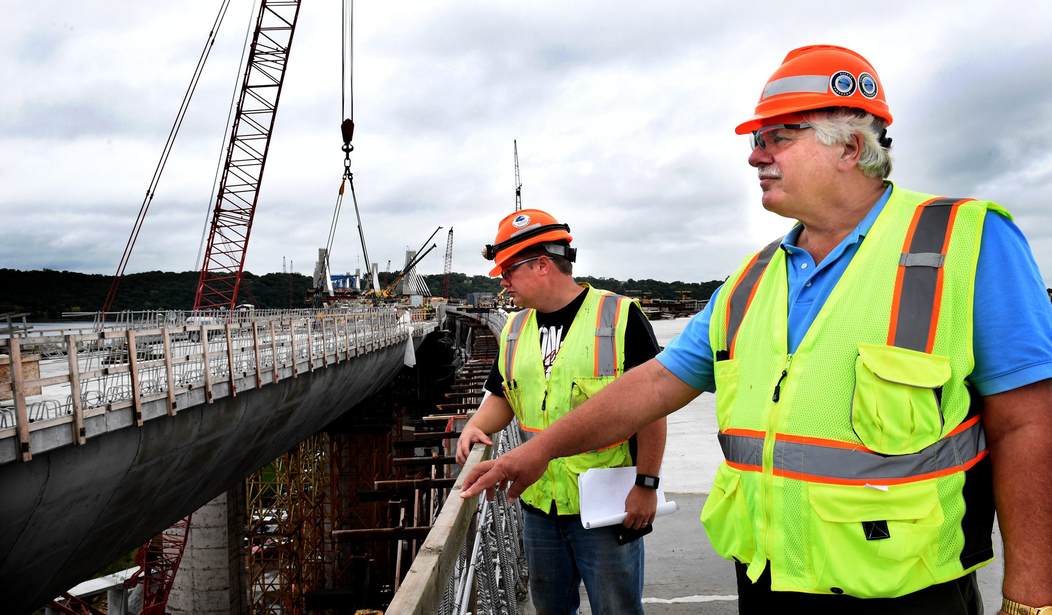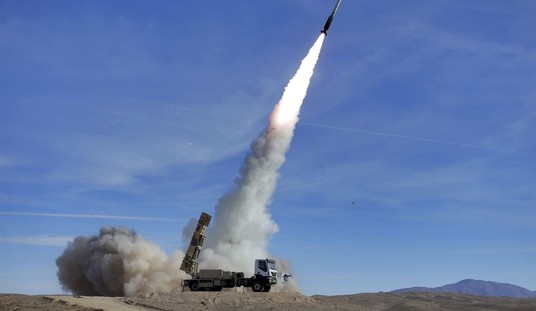WASHINGTON – The pace of U.S. infrastructure development – with major road, rail and runway projects often taking a decade or longer – is unacceptable, Sen. John Boozman (R-Ark.) said Thursday.
Boozman said it’s within agencies’ ability to complete projects in a timely fashion, pointing to the 2007 collapse of Bridge 9340 in Minneapolis as evidence. The eight-lane bridge, which services Interstate 35 traffic across the Mississippi River, collapsed during evening rush hour in August 2007, resulting in 13 deaths and 145 injuries. The structure was rebuilt in a year.
“Any other time to get that project started and get it done, it would have taken probably decades to get done,” Boozman said at the Hudson Institute. “You didn’t have the ‘gotcha’ attitude. We had the attitude of, ‘How can we be helpful, proactive?’”
Boozman’s comments come as Congress attempts to come together for a potentially $1 trillion infrastructure bill, which the White House is currently drawing up. Infrastructure is considered a largely bipartisan issue, but some Democrats have accused the Trump administration of catering to wealthy corporate interests through his infrastructure proposal. Trump, during a speech in Cincinnati, blamed Democrats for obstruction.
Lawmakers from both sides of the aisle agree that American infrastructure is in dire need of an upgrade, particularly water infrastructure, which has received much greater attention since the 2014 water crisis in Flint, Mich. CNN reported in June 2016 that more than 5,300 American water systems serving 18 million residents are out of compliance with regulations on lead.
The Republican senator said that one of the major reasons the U.S. is such a great country is that, historically, Americans have enjoyed great infrastructure. Brazil, he said, is a great example of a country with a lot of positive aspects – great resources, a cheap workforce and energy – that are dragged down by a lack of proper infrastructure. Based on nominal GDP, Brazil is the ninth largest economy in the world.
“But they can’t transport their products,” Boozman said.
A recent report from the Economic Development Research Group projects that a continued lack of investment in American infrastructure could mean a GDP loss of $4 trillion for the U.S. by 2025.
“When you look at our infrastructure report cards, it is pretty abysmal, and so we really need to get on the stick now and do it in a cost-effective manner. The longer we wait, the harder it’s going to get,” Boozman said.
The congressman noted the bipartisan nature of infrastructure, and he expressed optimism of “getting it done.” The president and Congress, he said, all want to see an infrastructure bill passed, but the key question will be: How does the country pay for it?
“We really need to look hard at that. We’re $20 trillion in debt, we’re running $500 billion deficits every year, adding to the debt,” he said, noting that the interest rate for servicing the debt, which is at a historic low of 2 percent, is expected to triple in the next 10 years.
The mounting debt will eventually cripple the nation, he said, likening it to an individual overextending on their credit-card limits. Citizens and lawmakers, he said, are complacent on the issue, as no one wants to admit that such an overextension is possible with the deficit.
“Every place it’s happened, that was the attitude,” he said.









Join the conversation as a VIP Member